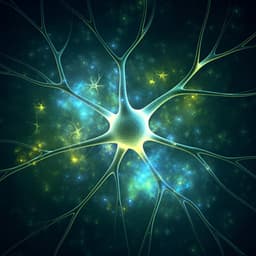
Health and Fitness
Non-nutritive sweetened beverages versus water after a 52-week weight management programme: a randomised controlled trial
J. A. Harrold, S. Hill, et al.
In a groundbreaking study conducted by Joanne A. Harrold and colleagues, this randomized controlled trial reveals that non-nutritive sweetened beverages may offer a slight advantage in weight loss over water. Over 52 weeks, both beverage groups experienced weight loss, but the NNS group lost 7.5 kg compared to 6.1 kg in the water group, highlighting the potential of NNS drinks in behavioral weight management programs.
~3 min • Beginner • English
Related Publications
Explore these studies to deepen your understanding of the subject.







